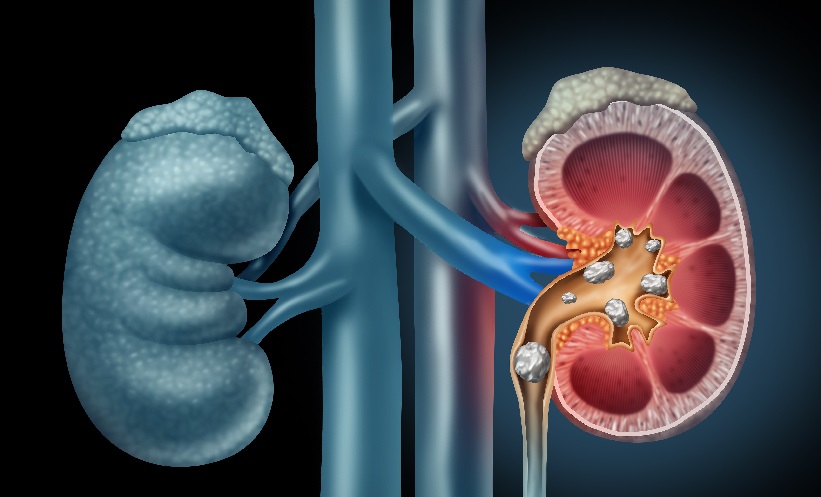PATIENTS with systemic lupus erythematosus (SLE) and Type 2 diabetes (T2D) had significantly lower cardiovascular, kidney, and mortality risks when treated with GLP-1 receptor agonists (GLP-1RA) compared to DPP-4 inhibitors, a recent study found.
GLP-1RA Offers Added Protection in Lupus
GLP-1 receptor agonists are already well-established for their cardioprotective and kidney-protective effects in T2D, but their potential benefit in high-risk autoimmune populations has been less clear. This study sought to determine whether these benefits extend to individuals with SLE, particularly those with lupus nephritis (LN), a population already vulnerable to cardiovascular disease and progressive kidney impairment. Researchers emulated a target trial using real-world data from a large, US-based, multi-centre electronic health record database to assess long-term outcomes of GLP-1RA use.
Trial Emulation Suggests Real-World Impact
In the retrospective cohort study, 910 patients initiating GLP-1RA were compared with 1004 patients receiving DPP-4 inhibitors, including a subset of over 590 patients with confirmed LN. To minimise confounding, the researchers applied propensity score overlap weighting, achieving well-balanced baseline characteristics. Key outcomes included major adverse cardiovascular events (MACE), venous thromboembolism (VTE), kidney disease progression, and all-cause mortality, an outcome spectrum highly relevant to patients with SLE and T2D.
Lower Risk Across All Key Outcomes with GLP-1RA
Compared with DPP-4 inhibitors, GLP-1RA use was associated with significantly lower risks of MACE (hazard ratio [HR]: 0.66), VTE (HR: 0.49), kidney disease progression (HR: 0.77), and all-cause mortality (HR: 0.26). These benefits were also observed within the lupus nephritis subgroup, supporting the broader applicability of GLP-1RA in complex comorbid populations. The findings suggest a potentially disease-modifying role for GLP-1RA in lupus-related vascular and renal complications.
Broader Implications for High-Risk Populations
This study supports the use of GLP-1RA in patients with lupus and T2D, including those with lupus nephritis. Prospective trials are warranted to confirm these findings and guide clinical decision-making in this underserved population.
Reference
Jorge A et al. Glucagon-Like Peptide-1 Receptor Agonist Use and the Risk of Adverse Cardiac and Kidney Outcomes Among Patients with Systemic Lupus Erythematosus and Lupus Nephritis. Arthritis Rheumatol. 2025;DOI: 10.1002/art.43403.







